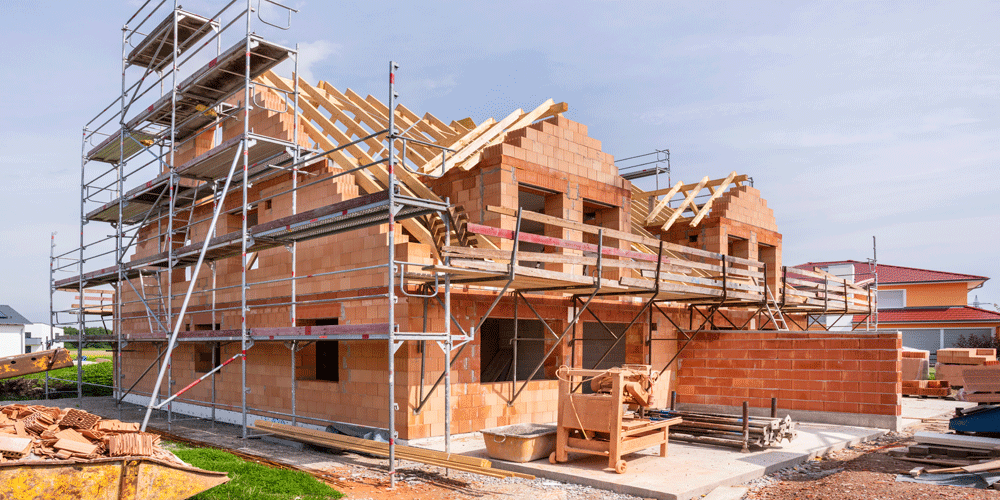
Sound insulation testing is an essential aspect of the construction industry, as it ensures that buildings meet the required acoustic performance standards. The testing process involves the measurement of the sound insulation of walls and floors between dwellings, and it is carried out to ensure that noise levels are kept at an acceptable level. In this article, we will discuss what sound insulation testing is, why it is important, how it is carried out, and what the implications are for the construction industry.
What is Sound Insulation Testing?
Sound insulation testing is a process that involves measuring the sound insulation performance of building elements such as walls and floors. It is carried out to ensure that the sound transmission between different rooms or properties is within acceptable limits. The testing process involves generating noise in one room and measuring the sound level in both the source room and the adjacent room. The difference in sound level between the two rooms is used to determine the sound insulation performance of the separating element.
Why is Sound Insulation Testing Important?
Sound insulation testing is important for several reasons. Firstly, it is a legal requirement in many countries for new buildings to undergo sound insulation testing to ensure they meet the required acoustic performance standards. In the UK, for example, the Building Regulations Part E sets out the minimum standards for sound insulation in new dwellings and requires sound insulation testing to be carried out to demonstrate compliance.
Secondly, sound insulation testing is important to ensure that the occupants of a building are not subjected to excessive noise levels from neighbouring properties or from within the building itself. Excessive noise levels can have a significant impact on health and wellbeing, causing stress, sleep disturbance, and other health problems.
Thirdly, sound insulation testing is important to ensure that the building meets the requirements of its intended use. For example, a cinema or music venue will have different sound insulation requirements to a residential building or office.
How is Sound Insulation Testing Carried Out?
Sound insulation testing is carried out by a suitably qualified and experienced acoustic consultant. The consultant will typically be a member of a professional body such as the Institute of Acoustics and will have a thorough understanding of the relevant acoustic standards and regulations.
The testing process involves the following steps:
Site Visit:
The consultant will visit the site to assess the construction details and identify any potential issues that could affect the sound insulation performance of the building.
Pre-Completion Testing: Pre-completion testing is carried out before the building is occupied to ensure that the sound insulation performance meets the required standards. This involves measuring the sound insulation of the separating walls and floors between all pairs of rooms or dwellings that share a common separating element.
Testing Method:
The testing method used will depend on the type of building and the separating element being tested. The most common method is the airborne sound insulation test, which involves generating noise in one room and measuring the sound level in both the source room and the adjacent room.
Reporting:
Once the testing is complete, the consultant will prepare a report detailing the results of the testing and whether or not the building meets the required standards. The report will also highlight any issues that were identified during the testing process and provide recommendations for remedial action if required.
Remedial Action:
If the building fails to meet the required standards, remedial action will be required to improve the sound insulation performance. This may involve upgrading the construction details or installing additional sound insulation materials.
Implications for the Construction Industry
Sound insulation testing has several implications for the construction industry. Firstly, it is important for developers and contractors to be aware of the requirements for sound insulation testing in the countries where they operate. Failure to comply with the relevant regulations can result in penalties and delays to the project.
APT Sound Testing are an UKAS-accredited sound insulation testing laboratory providing our valued clients with a proactive sound testing service and reliable reportage to achieve building control sign off.
All new build properties and conversions which were built after this date require 10% of each party wall/floor construction type to be tested. Sound Testing is to be carried out between pairs of rooms separated by party walls or floors. Utilising our many years of acoustic design experience means that your project will be in safe hands from the initial design stage to the final pre-completion testing of the project.


